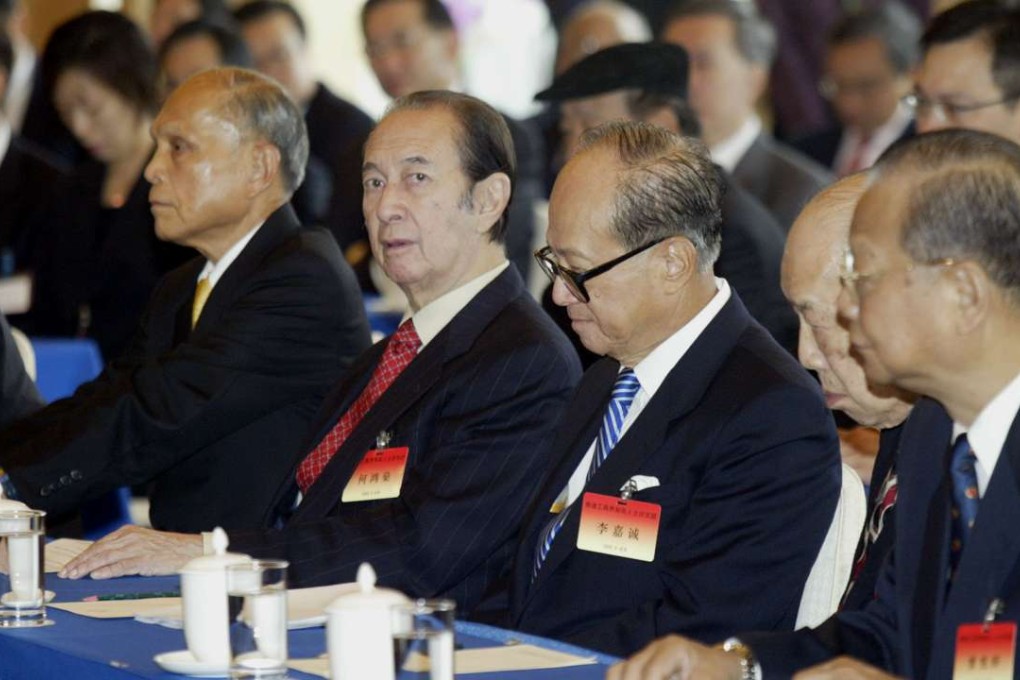Mind the Gap | Hong Kong elite fails to grasp extent of public anger over city’s decline

My mainland Chinese friends tell me that the number one characteristic that they loathe in Hong Kong Chinese is their complete lack of empathy for the world outside of Hong Kong. The serial inability of government and business leaders to make decisive policy changes to arrest a downward spiralling economy is a laughable contrast to how Hong Kong Chinese used to condescend towards mainlanders’ own shortcomings only 20 years ago.
They see that in its self-absorption and parochialism Hong Kong’s elite has completely failed to grasp the extent of public anger at the deterioration of almost everything in the city. Hong Kong public policy has failed on so many fronts; today’s generation has never had to tolerate a flatline in their city’s prosperity and prospects. Our current candidates for Chief Executive may not understand the depth of this outrage, but they are complicit in all of it.
As we swing into a new year with a looming election for the role of Chief Executive, candidates will need to demonstrate an ability to restore stability to Hong Kong. But so far, few recognize or publicly advocate the need for strong policy initiatives in areas such as chronically high property prices and the wealth and income gap. Confronting quality of life issues is the key to deflecting political grumbling, but Hong Kong’s elite can’t seem to countenance anything that sounds like heresy.
The biggest challenge in ‘draining the swamp’ in Hong Kong terms is that the senior ranks of government and our business class are populated by people aged 50 or over
The biggest challenge in “draining the swamp” in Hong Kong terms is that the senior ranks of government and our business class are populated by people aged 50 or over. Their collective vision was forged in Hong Kong’s glory days of the 80s and 90s when light manufacturing, trading and property flipping ruled the economy. China’s ascendancy arrived much faster than anyone outside of China anticipated. The failure to evolve Hong Kong’s industries and economy are their legacy.
Hong Kong has muddled through its conceited, but misguided belief that business people are best suited for leading a government and society that is dedicated to making money. Despite their best intentions and Beijing’s support, CH Tung and Henry Tang and CY Leung failed to demonstrate the political instincts, communications and leadership abilities to sustain long term credibility.
The only remaining candidates who can be trusted are government bureaucrats. To an electorate clamouring for straightforward yet almost disruptive improvement, only candidates as familiar as faded wallpaper are offered. There is no plausible alternative to joyless, uninspiring and arrogant entitlement. Meaningful policy change is almost impossible.
Today, China needs almost nothing from Hong Kong except banking services
But, real opportunity for economic revitalisation does exist. The old tycoons have lost their influence in Beijing. Long gone are the 80s and 90s when they could use their longstanding relationships with key leaders and request anything they wanted. It was a time when Beijing actually needed Hong Kong.
